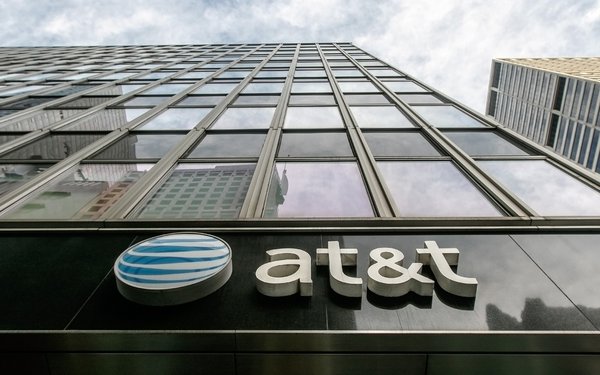
AT&T plans to ask the
Supreme Court to reverse a high-profile decision that restored the Federal Trade Commission's authority to prosecute broadband providers, the telecom said this week in court papers.
The
company's statement came in a status report submitted to U.S. District Court Judge Edward Chen in the Northern District of California. He is presiding over an FTC lawsuit alleging that AT&T duped
millions of wireless customers by promising unlimited data, but throttling their speeds after they hit a monthly data cap. (AT&T used to throttle its "unlimited" subscribers after they exceeded
monthly allotments ranging from 3 GB to 5 GB; the company has since revised that practice.)
AT&T argued that the lawsuit should be dismissed on the ground that the FTC lacks authority over
telecoms like itself.
advertisement
advertisement
A three-judge panel of the 9th Circuit Court of Appeals initially agreed with AT&T, but a larger 11-judge panel ruled against the company in February. The 11 judges
said in a unanimous decision that the FTC may prosecute common carriers, provided the prosecution deals with a non-common carrier service, like wireless broadband. (When the FTC filed its case,
wireless broadband was not a common carrier service.)
A wide range of observers weighed in against AT&T -- including consumer advocacy groups, other broadband providers, and the Federal
Communications Commission. One reason the dispute sparked intense interest is that it is intertwined with the net neutrality: After the controversial repeal of the net neutrality rules takes effect,
the FCC will no longer have the authority to police many practices of broadband providers.
The FCC has repeatedly said that the FTC will take over policing broadband providers after the repeal
takes effect, but the FTC likely won't be able to do so if the Supreme Court sides with AT&T. Instead, a decision in favor of AT&T could leave companies like AT&T free to operate without
any regulatory oversight.
AT&T's decision to seek Supreme Court review marks an attempt to escape from any and all effective public oversight," according to Free Press policy director Matt
Wood.
"While it joins other phone and cable companies in lobbying for a weakened net neutrality regime at the FTC in the near future, AT&T is simultaneously doing everything it can to
argue that the FTC has no power to impose penalties for the company's past and present sins," he says.
AT&T says it plans to seek Supreme Court review by May 29, but adds that it's also open to exploring the possibility of a settlement with the FTC.
Harold Feld,
senior vice president at advocacy group Public Knowledge, says he thinks it's unlikely that the Supreme Court will agree to hear AT&T's appeal, given that the 9th Circuit ruling doesn't obviously
conflict with decisions made by other circuit courts.
He adds that AT&T's move may be driven at least partially by an attempt to buy extra time to negotiate with the FTC -- which now has
new members.
"AT&T, by filing for (Supreme Court review), arguably gains time
to ... sound out the new FTC management and see what kind of a settlement they can arrive at," he says.